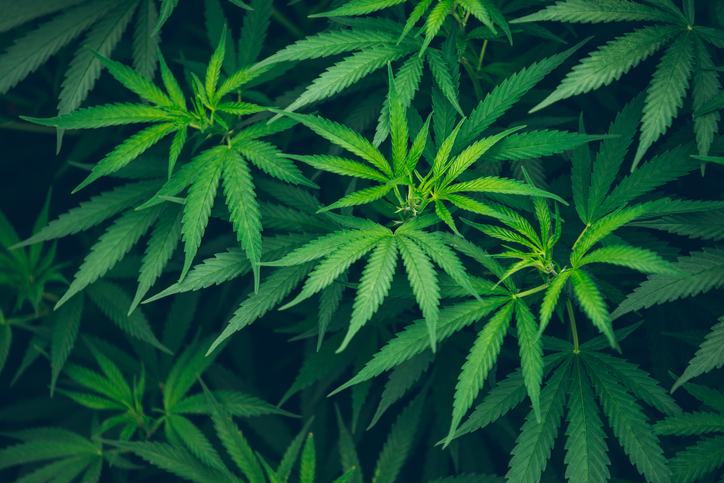Last week, Matthew Sica, Accreditation Manager, RMP, PT, and Medical, testified at the U.S. Food and Drug Administration’s first public hearing on how to regulate cannabidiol, a cannabis extract already widely being sold in products of all kinds.
More than 120 people – including researchers, manufacturers, legal experts, and consumer advocates – were scheduled to speak at the packed FDA hearing.
Thousands of unproven CBD products have flooded the market, with manufacturers promoting the compound’s alleged health benefits. Unfortunately, there’s a lack of rigorous science behind most of these claims, and this has prompted concerns about safety and deceptive marketing. Scientists and consumer advocates also warn there’s little data to guide dosage levels, expiration dates, and manufacturing protocols to make sure they don’t also contain other elements like tetrahydrocannabinol, or THC, the main psychoactive component in marijuana.
It’s estimated that sales of CBD products in the United States more than tripled between 2014 and 2017, to $367 million, and that the industry could be worth as much as $22 billion within the next five years.
In the Farm Bill passed by Congress in December 2018, hemp was legalized, clearing the way for industrial production of CBD, which is derived from hemp or the marijuana plant. But CBD is still illegal in many of the products now being sold under the Federal Food, Drug and Cosmetic Act, which bars the sale of an active ingredient in already approved drugs, in dietary supplements or foods across state lines.
After Congress legalized hemp, the FDA made it clear that CBD remains under government regulation. Warning letters were sent to companies that FDA said were “illegally selling CBD products that claimed to prevent, diagnose, treat, or cure serious diseases, such as cancer.”
When the public hearing was announced in April, then-FDA Commissioner Scott Gottlieb issued a statement saying there are “open questions about whether some threshold level of CBD could be allowed in foods without undermining the drug approval process or diminishing commercial incentives for further clinical study of the relevant drug substance.”
The hearing was a first step by the agency to decide questions like whether CBD will be treated as a dietary supplement or as a drug, and at what dosages it will be allowed in different applications.
It’s unclear what form any new regulations may take or how long the FDA will need to figure that out, much to the frustration of those with a stake in the outcome.
FDA convened a working group to explore ways CBD products might be sold legally, the impact on public health, and whether new rules or legislation is needed. The agency accepted written comments on the issue through July 2, 2019.
In the absence of relevant rules or legislation, accredited testing laboratories can play an important role, as noted in a previous blog post on the safety of CBD oil. A third-party, ISO/IEC 17025-accredited laboratory can test CBD oil for content, so you know you’re purchasing the concentration of CBD as indicated on the label. Accredited laboratories can also test to ensure your CBD product is free from heavy metals, pesticides, residual solvents, bacteria, fungi, and other foreign matter.
In his testimony, Matthew Sica advocated for the use of the international conformity assessment model and accreditation to ISO/IEC 17025 for laboratories testing cannabis and cannabis-related products. This model is structured to provide confidence through an attestation of competence. The formal recognition accreditation lends credibility and transparency over a self-declaration of conformity to the standard.
